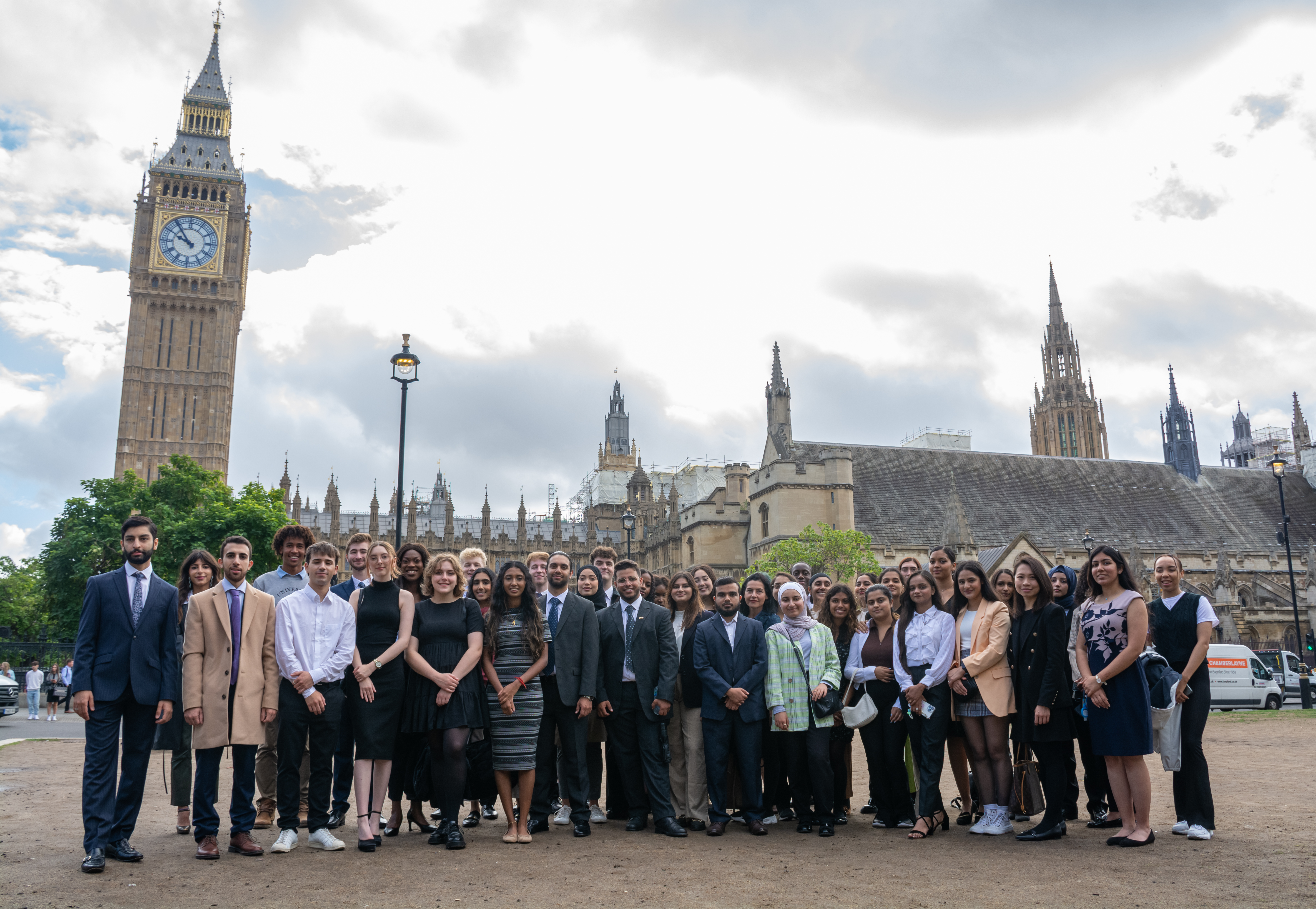
Menu
Menu

20 / 09 / 17
Tom is an alum from 2014-2015. He is now a consultant at EY, here are his thought on the potential synergy between Social Enterprises and digital tools.

How would you define a social enterprise?
For some, this concept is an unfamiliar one.
For others, it is linked to the idea of an organisation placing purpose before profit.
For Milton Friedman, this question was a non-starter. In 1970, he argued that there was only one social responsibility of business – to “increase its profits so long as it stays within the rules of the game”.
Provocative or not, this statement’s oversight of not recognising social enterprises as profitable organisations still goes widely unchecked.
As the modern economic ‘game’ continues to be influenced and (for many observers) improved by the advances of a digital landscape, how can social enterprises continue to do ‘good’ both financially and altruistically?
The rise of the social enterprise in the digital age
Fast forward five decades from Friedman’s pithy comment and social enterprises play an important role in the UK’s third sector. When correctly perceived as organisations that generate profit to reinvest in a clear social mission, social enterprises bridge the gap between traditional NGOs and conventional private companies.
Whilst accepting that long term viability must remain at the forefront of growth plans, social entrepreneurs are compelled to perform an increasingly difficult balancing act. Beyond the typical demands of running a business, social entrepreneurs must generate the exposure necessary for their unique business models to survive – and thrive – amidst dense digital traffic.
Leveraging digital tools for the greater good
By learning from the successes of their purely free market competitors, social enterprises can ensure that their plans for sustainable digital-led growth are substantiated by two key pillars.
1. Utilising customer data more effectively to drive increased revenue
2. Generating greater visibility with prospective customers
1. Utilising customer data more effectively to drive increased revenue
The greatest strength of a social enterprise – of holding firm to a social mission in the face of market forces – is also one of its largest risks. As the first economist to define social entrepreneurship, Gregory Dees explained how difficult the central task of measuring ‘mission-related social impact’ can be.
Social enterprises (especially in start-up phase) require detailed knowledge of this data to successfully apply for grants. Social entrepreneurs should be supported in finding innovative and inexpensive ways of using data to improve the accuracy of reporting on their activities’ impact. For example, Keyfund created ‘word clouds’ through free online tools to understand what content was commonly employed in successful applications for their scheme.
Ed Cox, co-founder of Reason Digital (an acclaimed social enterprise that employs research-led digital expertise across the third sector), deems collating and interpreting customer data as high priority processes.
In particular, Ed notes that many smarter social enterprises have established a ‘growth hacking’ culture. Here, teams with deep product/service knowledge come together with a test audience to “devise, run and evaluate a series of technical experiments aimed at making ongoing improvements” to their offering.
By understanding which customer metrics matter – and which require further analysis – social entrepreneurs can mitigate the issues of ‘mission drift’ i.e. inadvertently diluting the organisation’s social impact through unfocused activity and growth plans.
2. Generating greater visibility with prospective customers
Back in 2004, a study from Strathclyde University found that the marketing activities of social enterprises in the UK were being limited by “local embeddedness” i.e. an inability to communicate their activities effectively to new audiences. However, as millennials continue to drive the digital agenda, the opportunities to easily translate promotional content across local, regional and even national customer bases have never been more accessible. Social Enterprise UK noted the strategic importance of identifying new business leads through digital channels; having increased their Twitter traffic by 21% between 2015 and 2016.
Through his experiences as a serial entrepreneur and EY Foundation Trustee Board Member, Nathaniel Peat has seen first-hand how subtle decisions over the usage of digital media can have a large impact.
Specifically, moving away from lengthy text-heavy documentation to free video-based promotion (Vimeo/YouTube etc.) and info-grams is advisable. Core messages of social enterprises can then be marketed more effectively to wider audiences – truly engaging “hearts and minds”.
Across the social entrepreneurial community, the application of such techniques should be refined, tested and managed strategically. In this space, many social entrepreneurs have increased their visibility amongst prospective customers by leveraging the expertise of free, professional support networks. By being involved in such activities, social enterprises are able to benefit from:
Conclusion
Neatly summarised by Ed Cox, “social enterprises need to be just as concerned with the hard business numbers as the social impact”. Undoubtedly, digital tools can unlock vast benefits for third sector organisations looking to scale up sustainably.
Social entrepreneurs can (and should) look to social media as a genuine platform for growth opportunities. In pursuit of a lasting legacy, social enterprises must embrace the economic ‘game’ in its current digital form.
For more information on how EY are helping to support social enterprises, please see below:
EY Foundation’s Accelerate programme – The EY Foundation provides business support to social enterprises by offering access to skills capital from business coaches to workshops, networking and project support. We want to help social enterprises to grow and thrive so that they can continue to play an important role in stimulating local economies and affecting social change.
EY GPS Think Tank – Helping to tackle complex, intractable public policy questions and bring positive change in the community, the GPS Think Tank runs a portfolio of time-limited projects aimed at finding practical solutions to society’s problems. The GPS Think Tank works with small/medium sized social enterprises through to large charities, helping them to create sustainable businesses, ensure they are effectively targeting their audience and report on the difference they make.
*All views are representative of the author and not EY
Originally posted on LinkedIn on 1st Septmember 2017

07 / 12 / 21

04 / 11 / 21